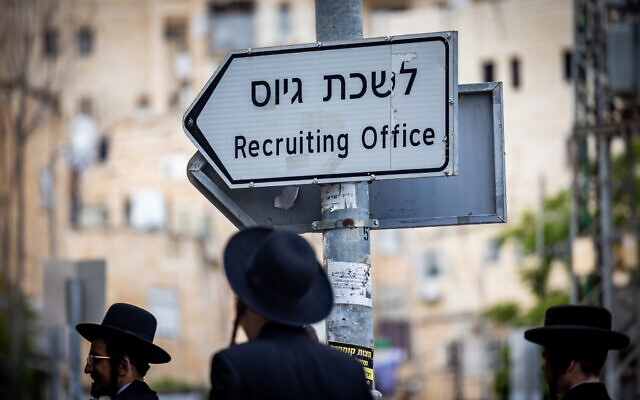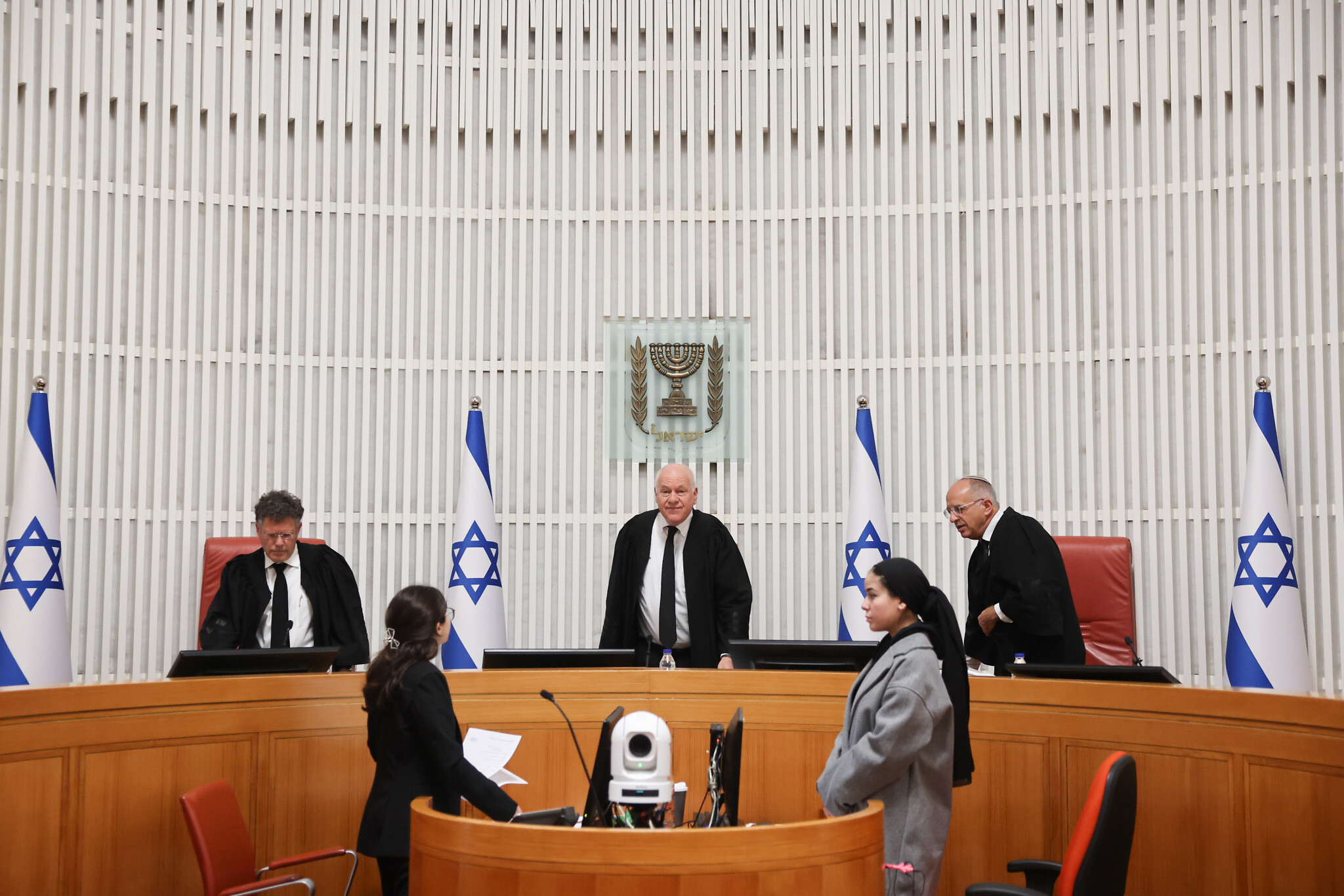(ZENIT News / Jerusalem, 06.27.2024).- In a landmark decision, the Supreme Court of Israel has ruled that the government must begin conscripting ultra-Orthodox yeshiva students into the military, ending decades of automatic exemptions. This verdict signifies a profound shift in Israel’s military service policies.
The unanimous decision by the nine-judge panel declared that the 2023 government directive, which instructed the military not to enlist eligible Haredi men, was unlawful. With the expiration of the law permitting these exemptions, there is no legal basis for continuing the practice.

The court mandated that the implementation of this ruling can be gradual but must commence immediately. Furthermore, the state is permanently barred from funding yeshivas for students who attend instead of fulfilling their military service obligations.
This ruling comes at a time of heightened tension following the Hamas attack on October 7 and subsequent conflicts, highlighting the critical need for more personnel in the Israeli Defense Forces. The court stressed that, especially in wartime, the disparity in military service obligations is more pronounced and necessitates an equitable resolution.
Currently, approximately 63,000 young ultra-Orthodox men are exempt from military service. This decision means they will now join their fellow Israelis in the army, addressing a significant source of political and social contention in the country.
While the government could theoretically attempt to re-legislate the exemptions, it would likely face considerable political hurdles. Several Likud Knesset members have already expressed opposition to such a measure, particularly amidst ongoing conflicts on multiple fronts.

Reaction from Advocacy Groups
The Movement for Quality Government in Israel, which filed the petition leading to the Supreme Court’s ruling, hailed the decision as a «historic victory for the rule of law and the principle of equal burden-sharing in military service.» The organization has urged the government and the defense minister to promptly implement the court’s decision.
The ruling, however, has polarized Israeli society. The ultra-Orthodox community, which is the fastest-growing demographic in the country, staunchly opposes the measure. Conversely, many in the broader Jewish society view the previous exemption policy as discriminatory. Ultra-Orthodox Jews, who are among those most likely to discriminate against Christians in the Holy Land, often have a reputation for hostile acts, such as spitting on Catholic priests.
As Israel moves to implement this groundbreaking court decision, it faces the challenge of balancing military needs with societal cohesion, while navigating the complex dynamics of its diverse population.
Thank you for reading our content. If you would like to receive ZENIT’s daily e-mail news, you can subscribe for free through this link.



